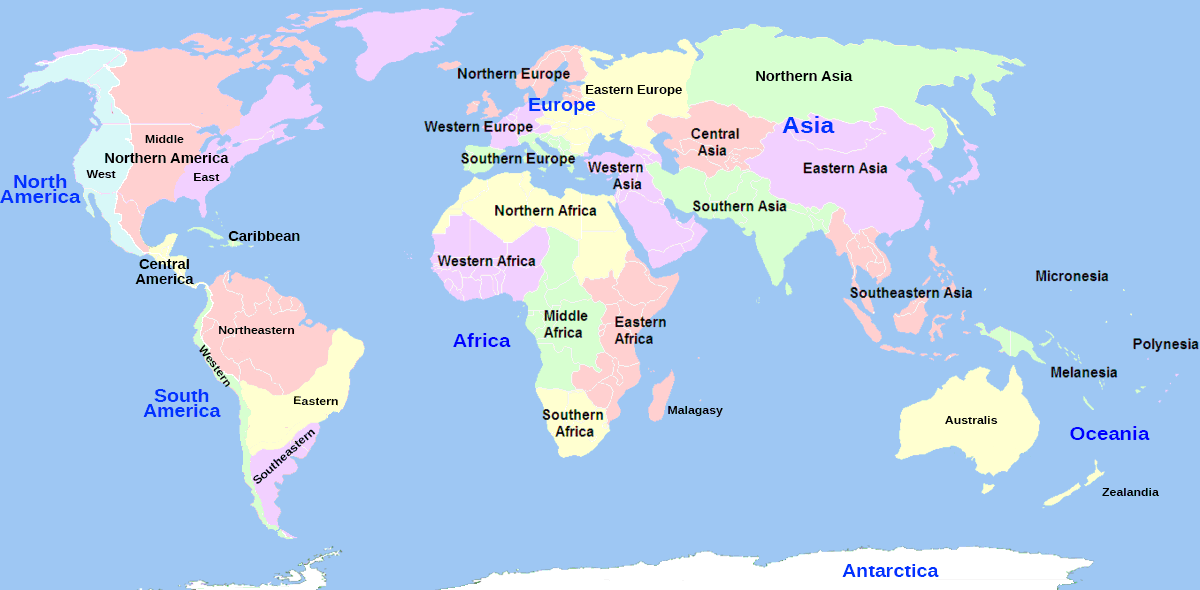
SUNDAY, JAN 23, 2023: NOTE TO FILE

Ecolate Defined
The only needed pillar of an educated mind
Eric Lee, A-SOCIATED PRESS
TOPICS: GARRETT HARDIN, FROM THE WIRES, SYSTEMS SCIENCE LITERATE
Abstract:The three pillars of education are literacy, numeracy, and ecolacy [systems science literacy — a recognition of the centrality of energy principles], or the endeavor to love and understand language, number, and system over self. Some will embrace the quest to iterate towards being literate, numerate, and ecolate — to listen to Nature who has all the anwsers. Of the three, ecolacy alone is essential for the long-term survival of humans in Nature. The intelligentsia of industrial society are partially science literate, commonly innumerate, and cluelessly unaware of being inecolate because their salary depends on their not understanding, on singing the song of those whose bread they eat.
“It is difficult to get a man to understand something, when his salary depends upon his not understanding it!” ― Upton Sinclair 1934.
COOS BAY (A-P) — To become ecolate:

ecolacy /ikolə.si/
n. the quality or state of being ecolate.ecolate /iko.lɛt/
adj. 1. systems science literate. 2. the endeavor to iterate towards understanding the dynamics of the world system through the macroscope of systems ecology to account for the complex interdependencies that underpin the natural environment and to consider the unintended consequences, short term and long term, of changing the system by asking, ‘And then what?’, so that we may come to have enough humans on the planet that really do understand it and can live with it properly.
n. a regional management unit; Earth has seven globe ecolates with 30 sub-regions or sub-ecolates/sublates that contain hundreds of watershed management units or home ecolates (abbrv. homlates, e.g. ‘I live in the Chetco coastal homlate in West Northern America in an area that used to be called Oregon’.)

Ecolate/Ecolacy 101: The endeavor to iterate towards understanding the dynamics of the world system through the macroscope of systems ecology to account for the complex interdependencies that underpin the natural environment and to consider the unintended consequences, short-term and long-term, of changing the system by asking, ‘And then what?’, so that we may have enough humans on the planet that really do understand it and can live with it properly [sustainably].
endeavor: ‘Thought makes the whole dignity of man; therefore, endeavor to think well, that is the only morality.’ — Blaise Pascal
iterate: ‘You iterate towards the truth. You don’t know it….eventually we’ll have a human on the planet that really does understand it and can live with it properly. That’s the source of my optimism.’ — James Lovelock
dynamics of the world system: ‘The limits of Nature become also the limits of the system. The interplay between the limits of Nature and the trends and dynamics of the world system defines ultimately the historical tendencies of world system evolution.’ — World System History: The Social Science of Long-term Change 2000.

macroscope: ‘Energy diagrams give the lenses for the macroscope through which we view the “3 Es”, energy, the environment, and economies.’ — Mary Odum
systems ecology: ‘Systems ecology is the study of whole ecosystems and includes measurements of overall performance as well as a study of the details of systems design by which the overall behavior is produced from separate parts and mechanisms’ — H.T. Odum 1994
complex interdependencies: ‘Odum’s emergy diagrams make visible the complex interdependencies of successful ecosystems.’ — Architecture and Energy: Performance and Style 2013
unintended consequences: ‘Every proposal to build a dam, to widen a highway, to cut down another forest, to turn wetlands into salable real estate, or to bury unwanted waste products is sure to have unintended consequences…. From now on, we must accept responsibility for all unintended consequences while doing our best to predict them in advance.’ — Garrett Hardin
‘And then what?’: ‘Of every well-meant proposal, ecologists ask a standard question: ‘And then what?’… The proficiencies that education produces [fall] into three categories: literacy, numeracy, and ecolacy. The key question of the ecolate person is this: ‘And then what?’… The three filters operate through these particular questions: Literacy: What are the words? Numeracy: What are the numbers? Ecolacy: And then what?’ — Garrett Hardin
The three pillars of education are literacy, numeracy, and ecolacy [systems science literacy — a recognition of the centrality of energy principles], or the endeavor to love and understand language, number, and system over self. Some will embrace the quest to iterate towards being literate, numerate, and ecolate — to listen to Nature who has all the answers. Of the three, ecolacy alone is essential for the long-term survival of humans in Nature. The intelligentsia of modern techno-industrial society are partially science literate, commonly innumerate, and cluelessly unaware of being inecolate. It is quite possible to graduate from a top university with a 4.0 average and get a C- in Reality 101 and to devoutly live a life helping to rule the world (for a time) while consuming it as a kleptocrat.
